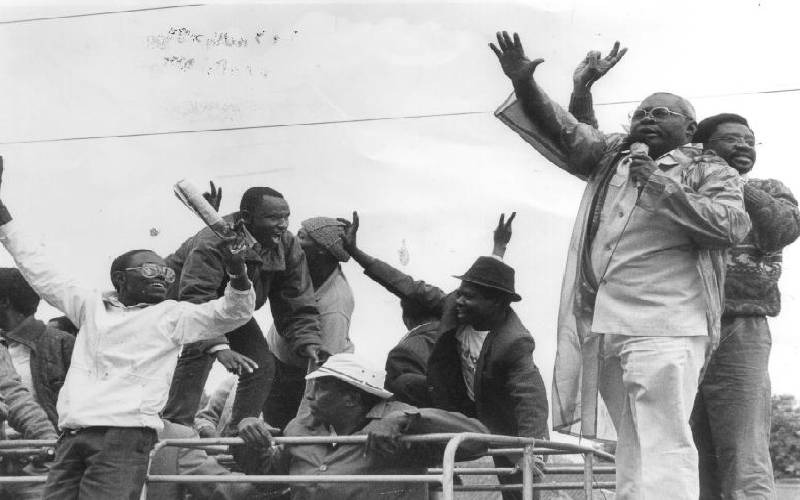 I have a friend who was once arrested for attacking her abusive husband. She had never been in a cell before, and from what she said, all the stories we hear about police custody don’t come close to describing just how dirty and disempowering they are.
I have a friend who was once arrested for attacking her abusive husband. She had never been in a cell before, and from what she said, all the stories we hear about police custody don’t come close to describing just how dirty and disempowering they are.
The entire experience is designed to humiliate, from the heavy presence of male officers, to the lack of agency, the close quarters, and the unspeakable filth. You leave your dignity at the door, along with your belt and that one shoe. She said that once she was inside the actual cell, even her humanity began to seep out of her.